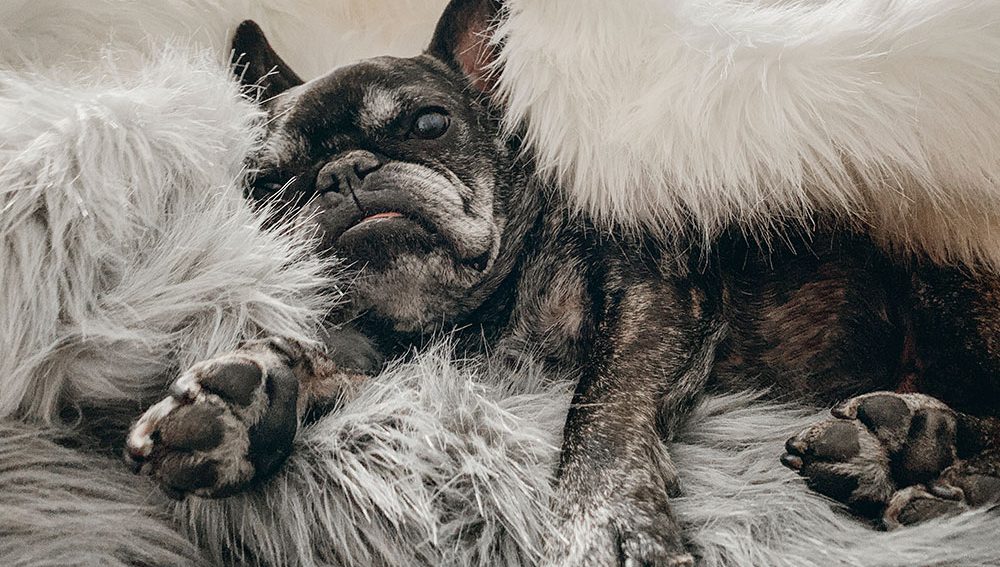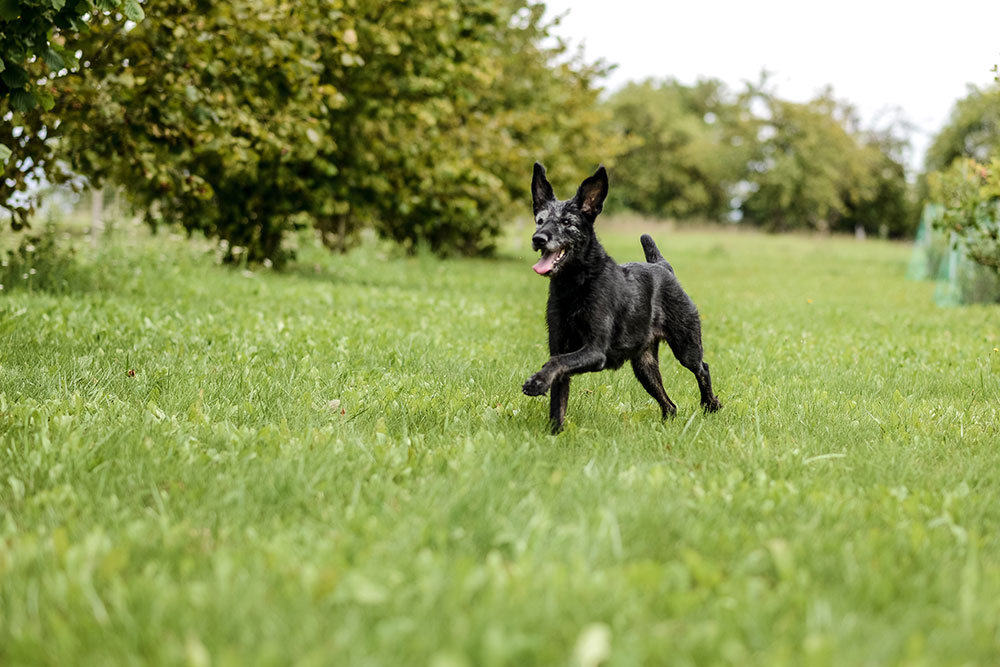
Understanding Age-Related Changes in Pets: Why Your Senior Pet is Slowing Down
As pets grow older, much like humans, they begin to experience a natural decline in energy, mobility, and overall health. These changes can be subtle at first, but with the right care and attention, your senior pet can continue to live a happy and comfortable life. At Harbor Pines Veterinary Center in Harbor City, California, we specialize in senior pet care, providing compassionate support to help your pet age gracefully.
General Overview of Aging in Pets
Aging is a natural process that affects pets in various ways, depending on their size, breed, and overall health. Generally, dogs and cats are considered seniors between the ages of 7 and 10 years, with larger breeds aging faster than smaller ones. This stage of life brings unique challenges and requires proactive care to ensure your pet’s continued well-being.
Why and How Aging Happens in Pets
Understanding the biological and breed-specific factors behind aging can help pet owners prepare for the changes their pets may experience.
Biological Factors
- Decreased Metabolism: As pets age, their metabolism slows, which can lead to weight gain or difficulty maintaining energy levels.
- Organ Function Decline: Aging can reduce the efficiency of organs such as the kidneys, liver, and heart, potentially leading to chronic conditions.
- Joint Degeneration: Arthritis and joint stiffness are common in older pets, causing discomfort and reduced mobility.
Breed Predispositions
Some breeds are predisposed to specific age-related conditions:
- Large Breeds: Dogs like Golden Retrievers and German Shepherds are prone to hip dysplasia and arthritis.
- Small Breeds: Breeds like Dachshunds and Chihuahuas may experience cardiac issues or dental problems.
- Cats: Aging cats often develop kidney disease, hyperthyroidism, or arthritis, which can affect their appetite and activity levels.
Recognizing Symptoms of Aging
Recognizing the signs of aging early can make a significant difference in your pet’s quality of life. Common symptoms include:
- Decreased Mobility: Hesitation to jump, difficulty climbing stairs, or stiffness after rest.
- Changes in Appetite: A noticeable decrease or increase in appetite, which may signal dental issues or organ dysfunction.
- Weight Fluctuations: Unexplained weight loss or gain, which can indicate metabolic or hormonal imbalances.
- Behavioral Changes: Increased irritability, confusion, or difficulty navigating familiar spaces.
- Sensory Decline: Hearing and vision loss can lead to disorientation or changes in behavior.
If you notice any of these symptoms, schedule an evaluation with your veterinarian to address potential underlying issues.
Preventative Measures and Veterinary Care

Proactive care can help mitigate many age-related issues and improve your pet’s quality of life. Key preventative measures include:
Regular Veterinary Exams
Routine check-ups are crucial for monitoring your pet’s health. Exams allow for early detection of issues such as arthritis, kidney disease, or cognitive dysfunction. Learn more about our veterinary services.
Tailored Nutrition
Senior pets often benefit from diets tailored to their changing needs, including:
- Joint-supporting nutrients like glucosamine and chondroitin.
- Easily digestible proteins to maintain muscle mass.
- Low-sodium options for pets with heart or kidney concerns.
Appropriate Exercise
While high-impact activities may no longer be suitable, moderate exercise like short walks or gentle play can help maintain mobility and muscle tone.
Supplements
Supplements like omega-3 fatty acids and joint protectants can reduce inflammation and support overall health.
Treatment and Management of Age-Related Conditions
For pets experiencing age-related health challenges, there are several treatment options available. At Harbor Pines Veterinary Center, we customize care plans based on your pet’s individual needs.
- Pain Management: Non-steroidal anti-inflammatory drugs (NSAIDs) and therapies like acupuncture or laser therapy can alleviate discomfort from arthritis and other conditions.
- Chronic Disease Management: Conditions like diabetes, kidney disease, or heart problems require ongoing monitoring and medication.
- Mobility Support: Devices such as orthopedic beds, ramps, or mobility aids can improve your pet’s comfort at home.
Supporting Pet Owners: The Role of Education and Community
Caring for an aging pet can feel overwhelming, but access to reliable information and community support can make all the difference. Resources like the AAHA’s Senior Pet Care Guide and the AVMA’s Guide on Senior Pets offer invaluable insights into managing your pet’s health.
Building a Partnership with Your Veterinary Team
At Harbor Pines Veterinary Center, we understand the emotional and practical challenges of caring for a senior pet. Our dedicated team works closely with you to develop a personalized care plan that addresses your pet’s unique needs. Learn more about our compassionate staff on the Meet Our Team page.
Regular veterinary visits are essential for monitoring your pet’s health and catching potential issues early. If your pet is showing signs of aging, we encourage you to schedule a wellness exam today by visiting our Request an Appointment page.
